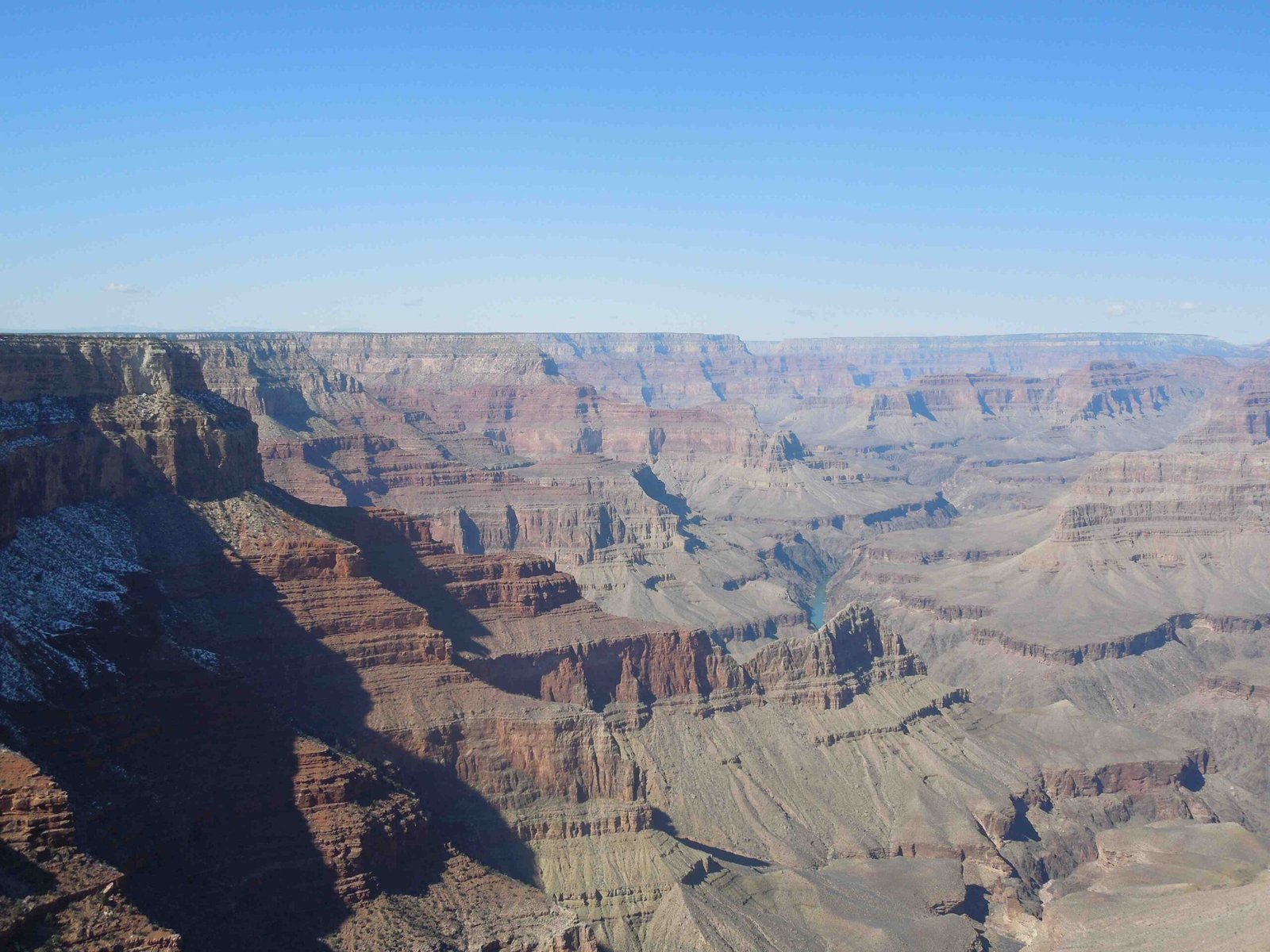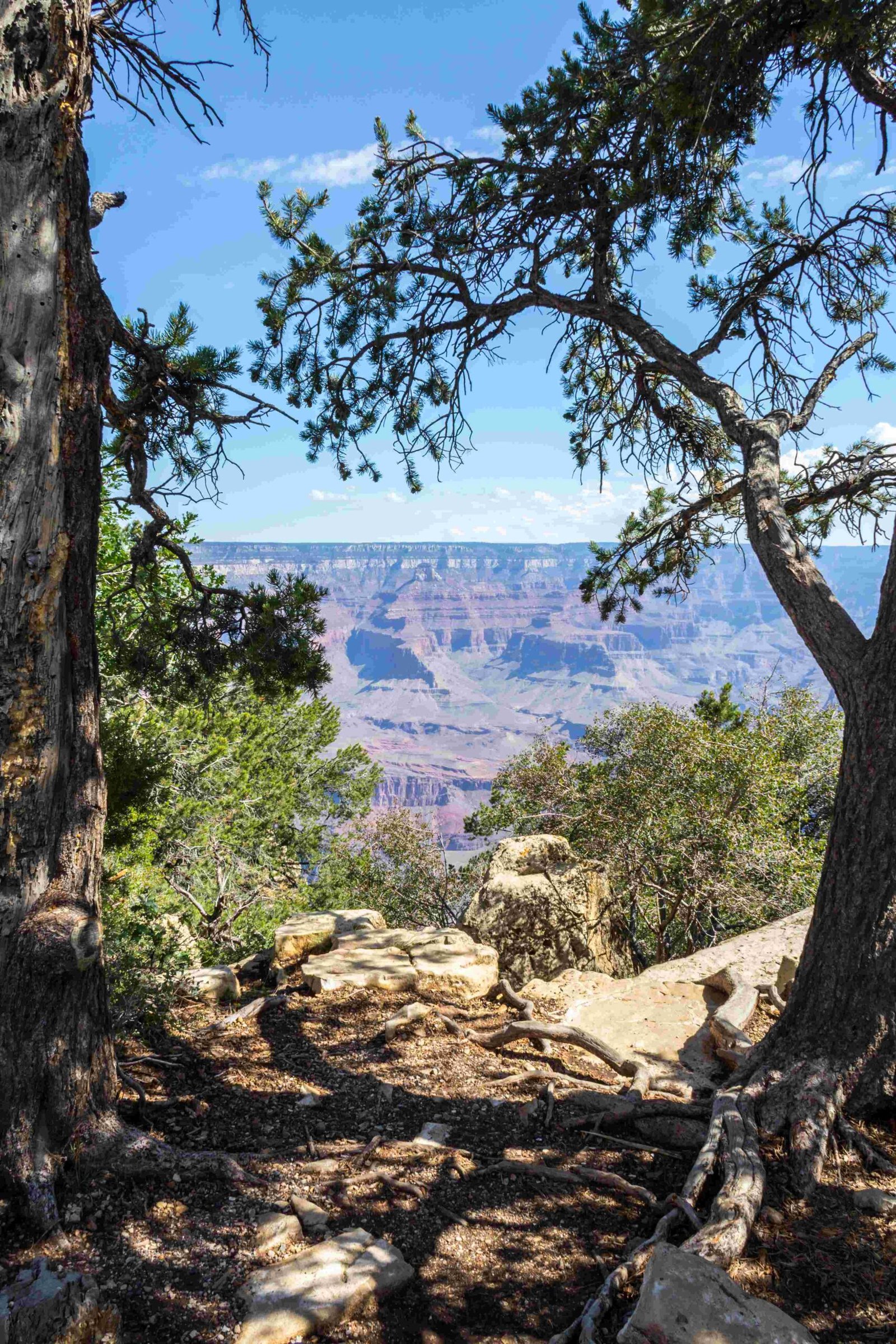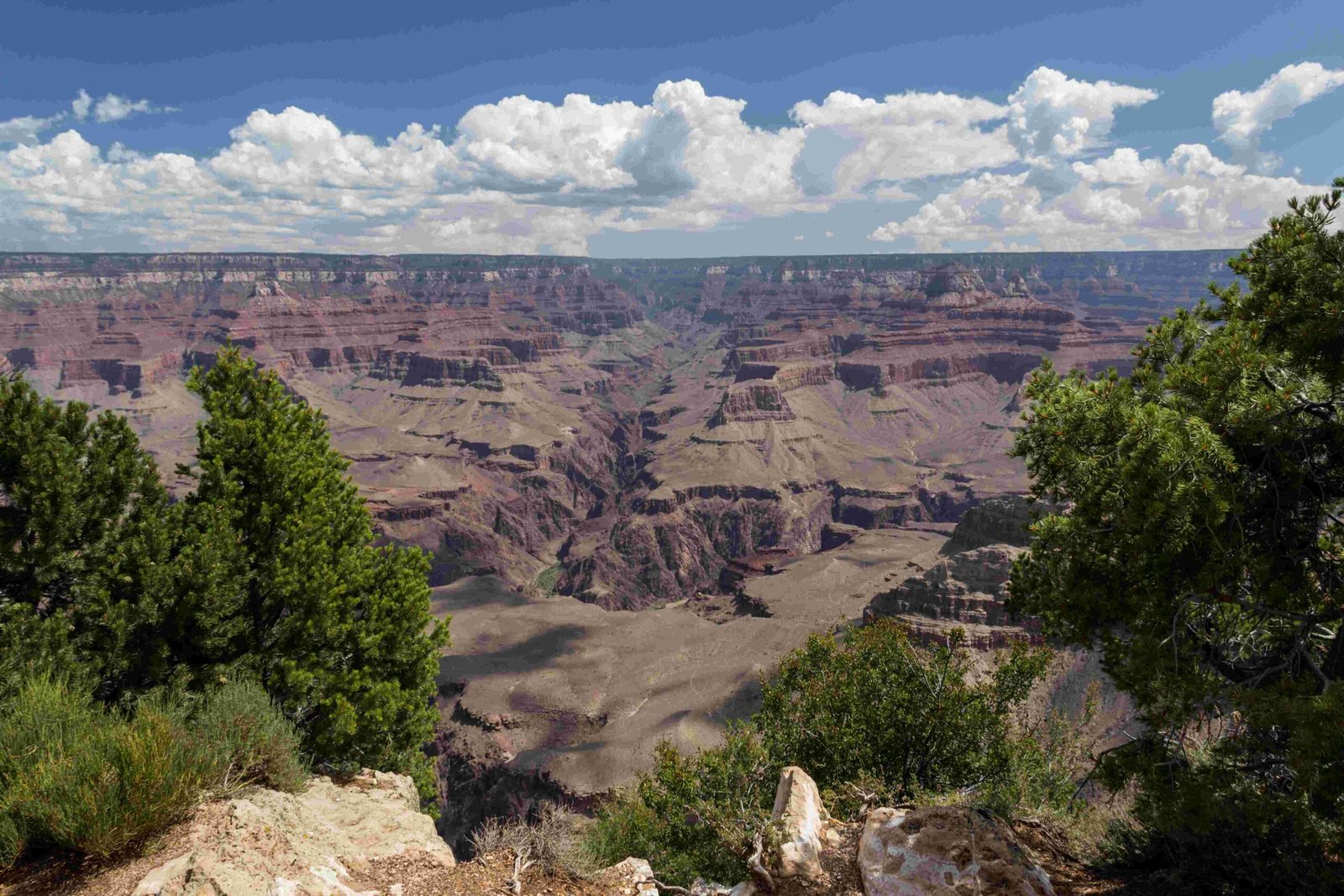The Grand Canyon National Park entrance sign represents more than a mere landmark—it’s a symbolic gateway to one of America’s most breathtaking natural wonders. These meticulously designed signs serve as the first official welcome point for millions of annual visitors, embodying the National Park Service’s commitment to preserving and showcasing extraordinary landscapes through carefully crafted visual communication.
What Makes the Grand Canyon NP Sign Unique?

Design Elements of the Park Entrance Sign
The Grand Canyon NP sign incorporates several distinctive features that make it instantly recognizable:
- Official NPS Arrowhead Logo: Featuring dark green, rust, and white colors
- Standardized Typography: Using Rawlinson and Frutiger typefaces
- Local Material Integration: Structures designed to complement natural surroundings
Where Can You Find Grand Canyon NP Signs?
| Location | Accessibility | Parking | Photography Potential |
|---|---|---|---|
| South Rim | High | Dedicated Area | Excellent |
| North Rim | Moderate | Limited | Good |
| East Entrance | Limited | Roadside Shoulder | Scenic |
How to Capture the Perfect Grand Canyon NP Sign Photo?

Best Photography Techniques
Capturing the perfect Grand Canyon NP sign requires strategic planning:
- Timing: Daytime provides optimal lighting conditions
- Angles:
- Front-facing shot
- Side profile
- Group photo using timer mode
- Equipment:
- Wide-angle lens
- Tripod for stability
- Neutral density filter for balanced exposure
What Historical Significance Does the Sign Hold?
The Grand Canyon NP sign represents more than a directional marker. It embodies:
- National Park Service Design Standards established in 1978
- Cultural Heritage: Representing preservation efforts
- Visual Communication: Welcoming visitors to a protected landscape
Practical Visitor Information
Accessibility and Amenities
- Restrooms available near South Rim entrance
- Visitor centers provide maps and park information
- Wheelchair-accessible pathways at primary entrances
Pro Tips for Grand Canyon NP Sign Experience
- Best Time to Visit: Early morning or late afternoon for softer light
- Photography Recommendations:
- Bring wide-angle lens
- Consider tripod for group shots
- Check lighting conditions beforehand
Insider’s Photographic Insights
Technical Photography Recommendations
- Camera Settings:
- ISO: 100-400
- Aperture: f/8 to f/11
- Shutter Speed: 1/125 to 1/250
Navigational Advice
Finding the Perfect Spot
- South Rim: Most accessible and photogenic
- East Entrance: More rugged, scenic backdrop
- North Rim: Less crowded, more challenging access
Conservation and Respect
Visitor Guidelines
- Stay on designated paths
- Do not remove or damage sign
- Respect park regulations
- Practice leave-no-trace principles
References:
– National Park Service Official Website
– Grand Canyon National Park Official Site
– NPS Signage Guidelines

